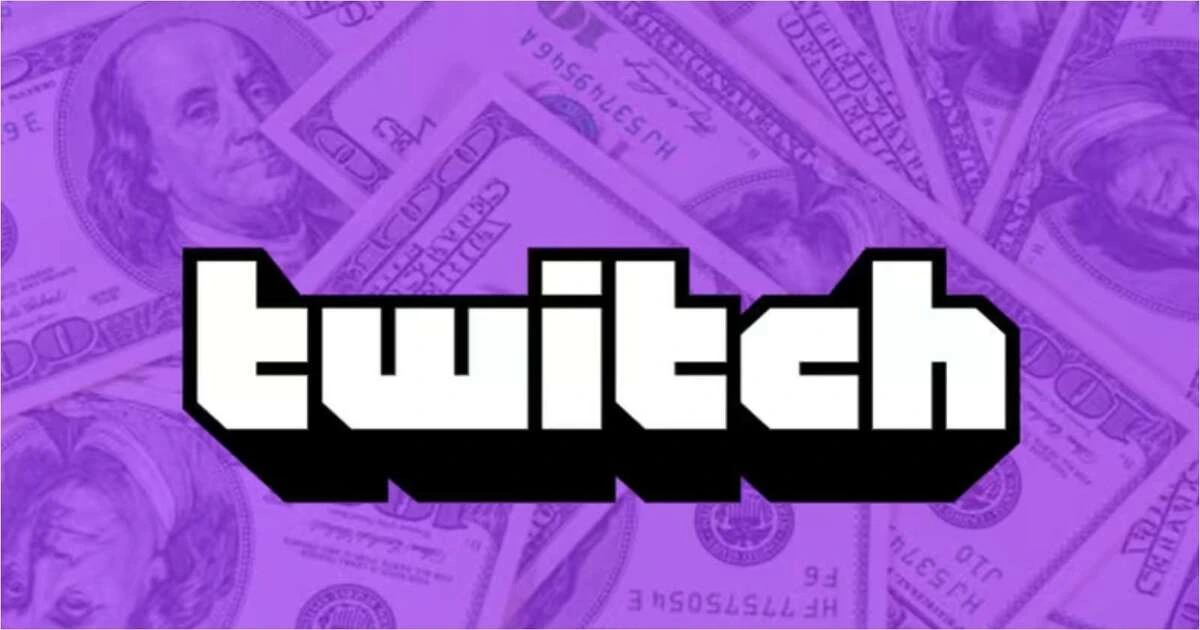Twitch Logo/credit-Spot’em Gang
Late last week, Twitch announced a new policy requiring streamers to apply a “politics and sensitive social issues” label to content covering topics such as elections, civic integrity, war or military conflict, and civil rights. Topics related to sensitive legislation, including LGBTQ+ rights and reproductive rights, were also included in the policy, prompting immediate criticism from many streamers and viewers. The policy would allow viewers to hide labeled content and would enable brands to avoid advertising on these streams. The requirement quickly raised concerns, with nearly 40,000 upvotes on a feedback post requesting Twitch remove “sensitive social issue” from the labeling rules.
Streamers Push Back: “Lived Experiences Are Not Political”
Streamers argue that issues labeled as “sensitive social topics,” like LGBTQ+ and reproductive rights, are not inherently political but rather discussions of personal freedoms and lived experiences. One user on Twitch’s feedback page argued, “LGBTQ+ people, immigrants, and reproductive rights are not ‘sensitive social issues’; they are common sense issues about basic rights.” Many feel that discussions around these topics reflect real-life experiences rather than a “controversy” to be managed by content labeling. Following this feedback, Twitch clarified on Monday that streams discussing these topics wouldn’t require labels if they are not the primary focus of the content.
Clarifications on the New Rules
Twitch responded to the outcry by clarifying the labeling system on Twitter, explaining that users are not required to label streams when sharing personal experiences and that only content specifically focused on “sensitive topics” requires a label. They removed “immigration” from the list of labeled topics and revised the language to “streams focused on discussing topics like gender, race, sexuality, or religion in a polarizing or inflammatory manner.”
According to Twitch, this labeling system aims to help viewers and brands make informed choices on what to watch or support. Despite these explanations, some content creators remain skeptical, feeling that the new rules prioritize advertising revenue over freedom of expression on the platform.
The Broader Implications: Politics, Advertising, and Platform Censorship
Twitch’s decision mirrors past efforts to create content categories to manage brand perceptions. For example, in 2021, the platform introduced a “pools, hot tubs, and beaches” category after advertisers pushed back against certain content. Many see these moves as Twitch’s attempt to attract more advertisers and address years of unprofitability. However, critics argue that this prioritizes revenue at the expense of content diversity.
Controversies and Context: Complexities in Recent Twitch Policies
Twitch’s latest move arrives amidst several recent controversies related to platform policies and community moderation. Last October, a verification error blocked sign-ups in Israel and Palestine, sparking criticism. Additionally, a recent TwitchCon panel ignited debate when participants discussed who could use the Arabic term “habibi.” Big creators, such as YouTuber Ethan “H3H3” Klein, claimed this discourse promoted antisemitism, prompting Twitch to suspend several participants, including those with ties to popular streamer Hasan “HasanAbi” Piker. Piker, a progressive political commentator, has consistently spoken against Israel’s actions in the Occupied Palestinian Territory, focusing on human rights violations.
As the controversy gained momentum, several prominent figures, including Democratic Representative Ritchie Torres, voiced concerns about Twitch’s platform being used to “amplify antisemitism,” targeting Piker specifically. Torres warned Twitch, stating that “no company in America – not even Twitch – is above Congressional oversight,” and urged stricter content moderation.
Twitch’s Balancing Act: Stricter Guidelines or Compromise?
Twitch has had a long-standing progressive lean, often enforcing anti-hate speech rules more stringently than other platforms. The platform is popular among left-leaning influencers, as well as major political figures like Representative Alexandria Ocasio-Cortez. However, some believe the platform’s increased moderation of political content could set an unsettling precedent. Political streamers, such as Piker, contend that Twitch’s response aligns more with external pressures than an authentic interest in combating antisemitism or hate speech.
Documentarian and streamer Bret “Cinemarxism” Hamilton suggested Twitch’s labeling policy caters to critics rather than addressing real community concerns. “It’s bad-faith actors trying to censor [content creators] they disagree with,” he remarked. Leftist streamer Austin “Gremloe” MacNamara also pointed out that Twitch could better support marginalized communities by including Middle East and North Africa (MENA) identifiers in its platform census.
FAQ: Understanding Twitch’s Content Policies
1. What is the purpose of Twitch’s new labeling system?
- Twitch’s labeling system provides information for viewers and brands about sensitive topics in streams, such as politics, social issues, and personal experiences, to aid in informed viewing and sponsorship choices.
2. How does the new rule affect streamers?
- Streamers discussing sensitive topics must use labels on content specifically focused on political or controversial issues. Personal discussions not primarily centered on such topics do not require labels.
3. Why did Twitch implement this policy?
- Twitch introduced this policy in response to advertiser preferences and ongoing concerns about content moderation on the platform.
4. Does Twitch label personal experiences as “sensitive social issues”?
- No. Twitch clarified that sharing personal experiences related to sensitive issues does not require labeling unless the stream’s main focus is on these issues in a polarizing or inflammatory context.
5. How can streamers and viewers provide feedback to Twitch?
- Feedback can be given through Twitch’s official feedback page or via social media, where Twitch monitors public sentiment and makes adjustments based on community concerns.
In response to sustained criticism, Twitch appears committed to its direction, navigating the complex intersection of community values, advertising considerations, and regulatory pressures. While the platform has clarified its intentions with the labeling policy, the ongoing dialogue signals that balancing expression and brand interests will remain a challenging issue for Twitch.
